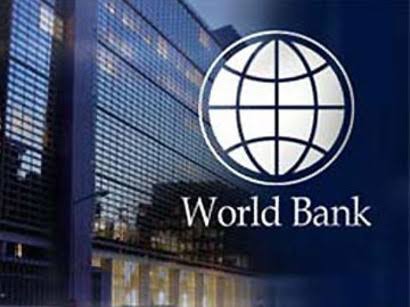The World Bank has advised Nigeria to invest between $10 million and $15 million annually to upgrade its national statistical system and align it with global standards. The recommendation came during a visit by Johan Mistiaen, the World Bank’s Practice Manager for West and Central Africa, to the Minister of Budget and Economic Planning, Abubakar Atiku Bagudu.
Mistiaen, accompanied by World Bank Country Director Ndiame Diop, presented a report titled “Next-Level Statistics to Support Nigeria’s Reform and Growth Agenda.” He noted that Nigeria’s statistical performance lags behind countries like Brazil, South Africa, Mexico, and Colombia, emphasizing that consistent funding would improve data quality for policy reforms and economic planning.
He stressed that reliable statistics are essential for informed decision-making, attracting investments, and tracking development progress. He added that an efficient statistical system would help Nigeria address economic challenges, monitor inflation trends, and shape policies based on accurate data.
Bagudu reaffirmed the government’s commitment to the independence of the National Bureau of Statistics (NBS) and promised continued financial support. He praised the NBS for maintaining a strong reputation in data collection and analysis, which international institutions rely on for economic assessments.
Statistician-General Prince Adeyemi Adeniran highlighted that the NBS has received its highest funding in a decade under the current administration. He called for increased investment and deeper collaboration with development partners to strengthen the agency’s capacity to meet growing data demands.
Meanwhile, Nigeria’s inflation rate dropped from 24.48% in January to 23.18% in February, while core inflation, which excludes food and energy, declined slightly from 22.59% to 23.01%. The drop follows the country’s recent rebasing of its Consumer Price Index (CPI), which updated the reference year from 2009 to 2024 to reflect current consumer spending patterns and economic realities.
The rebasing aims to improve inflation measurement by incorporating newer goods and services and adjusting household spending weights. However, some critics have questioned the accuracy of the revised data, raising concerns about potential discrepancies in economic assessments.










